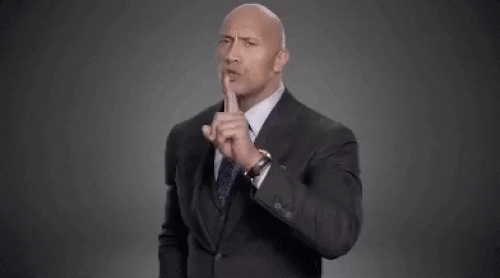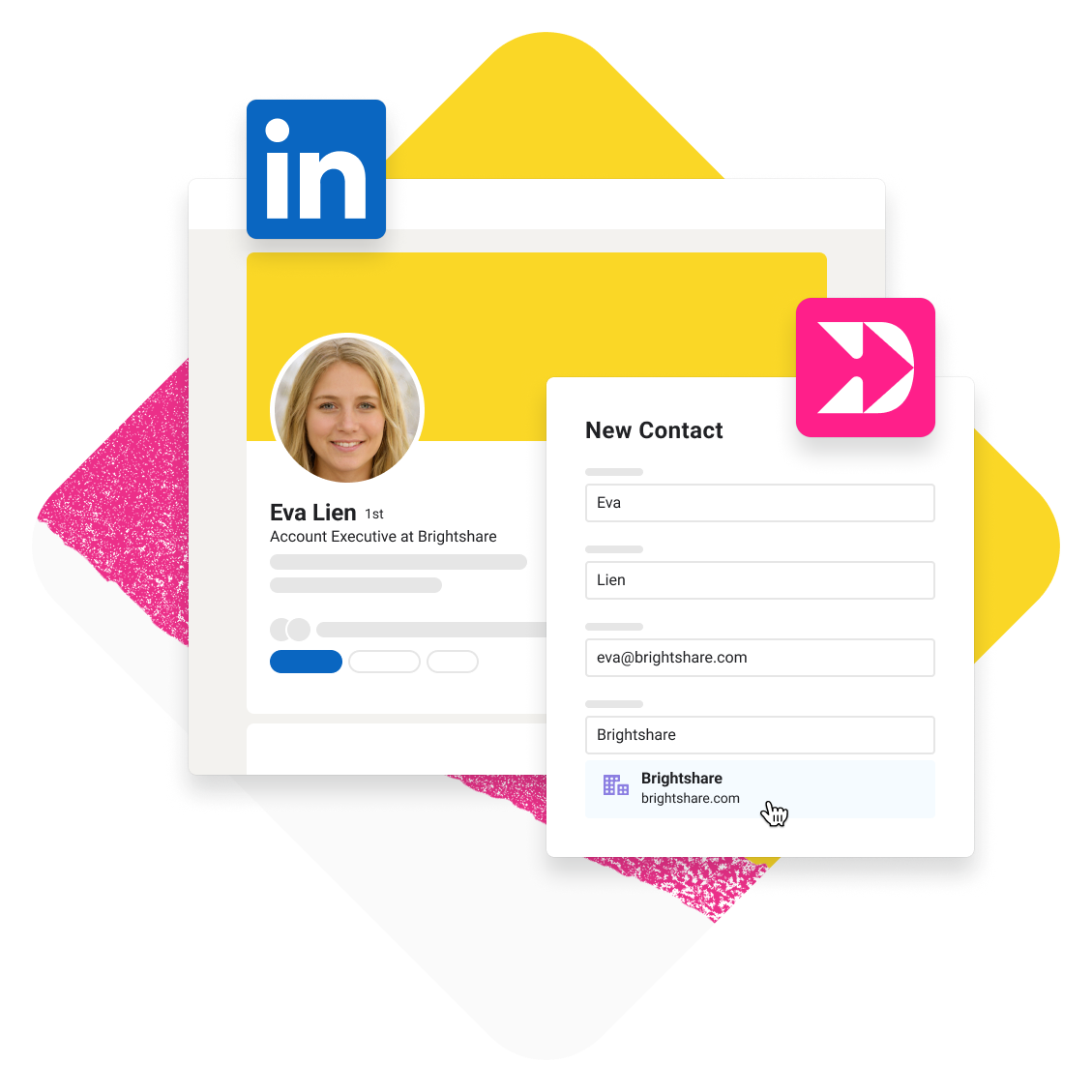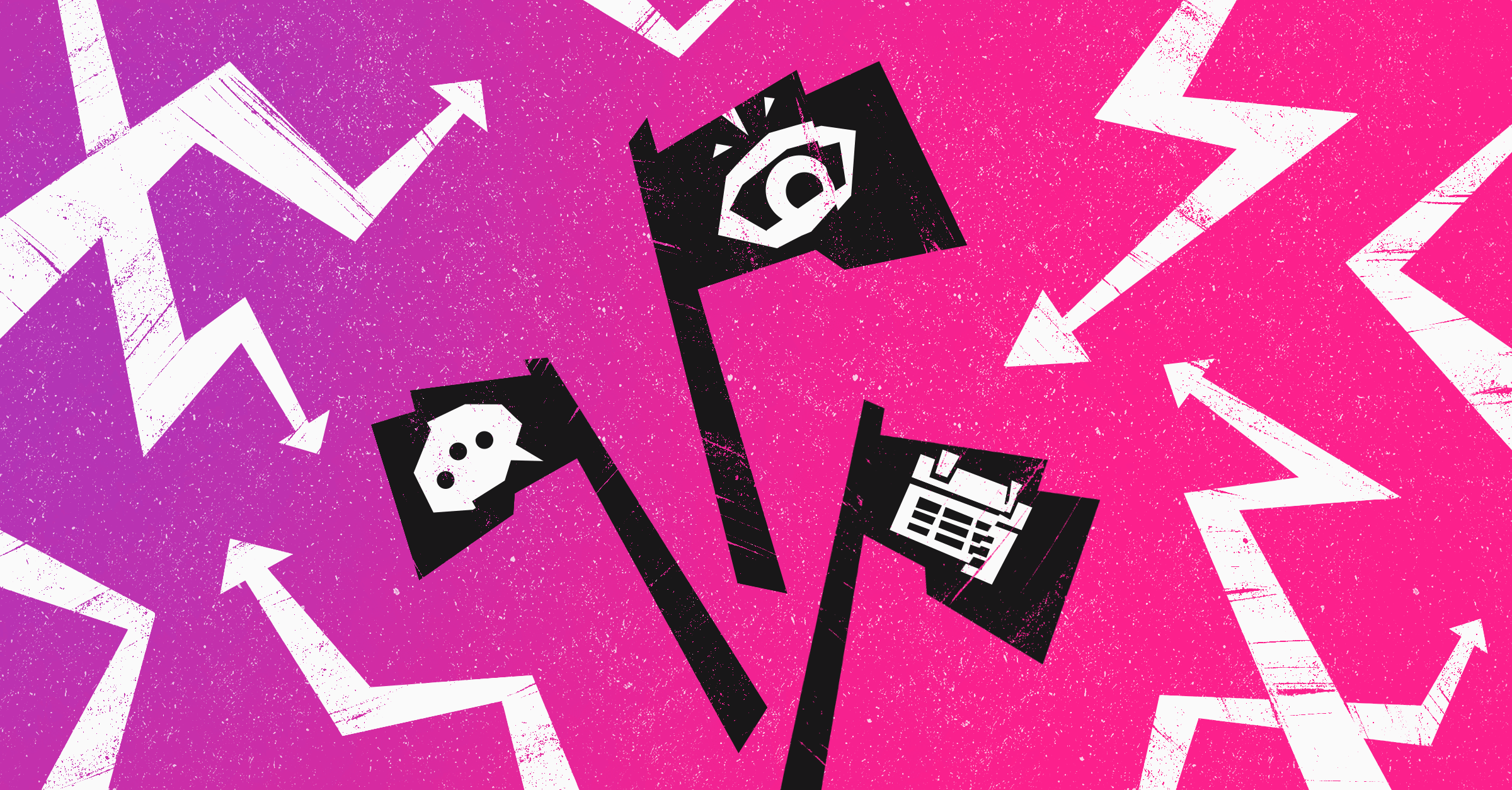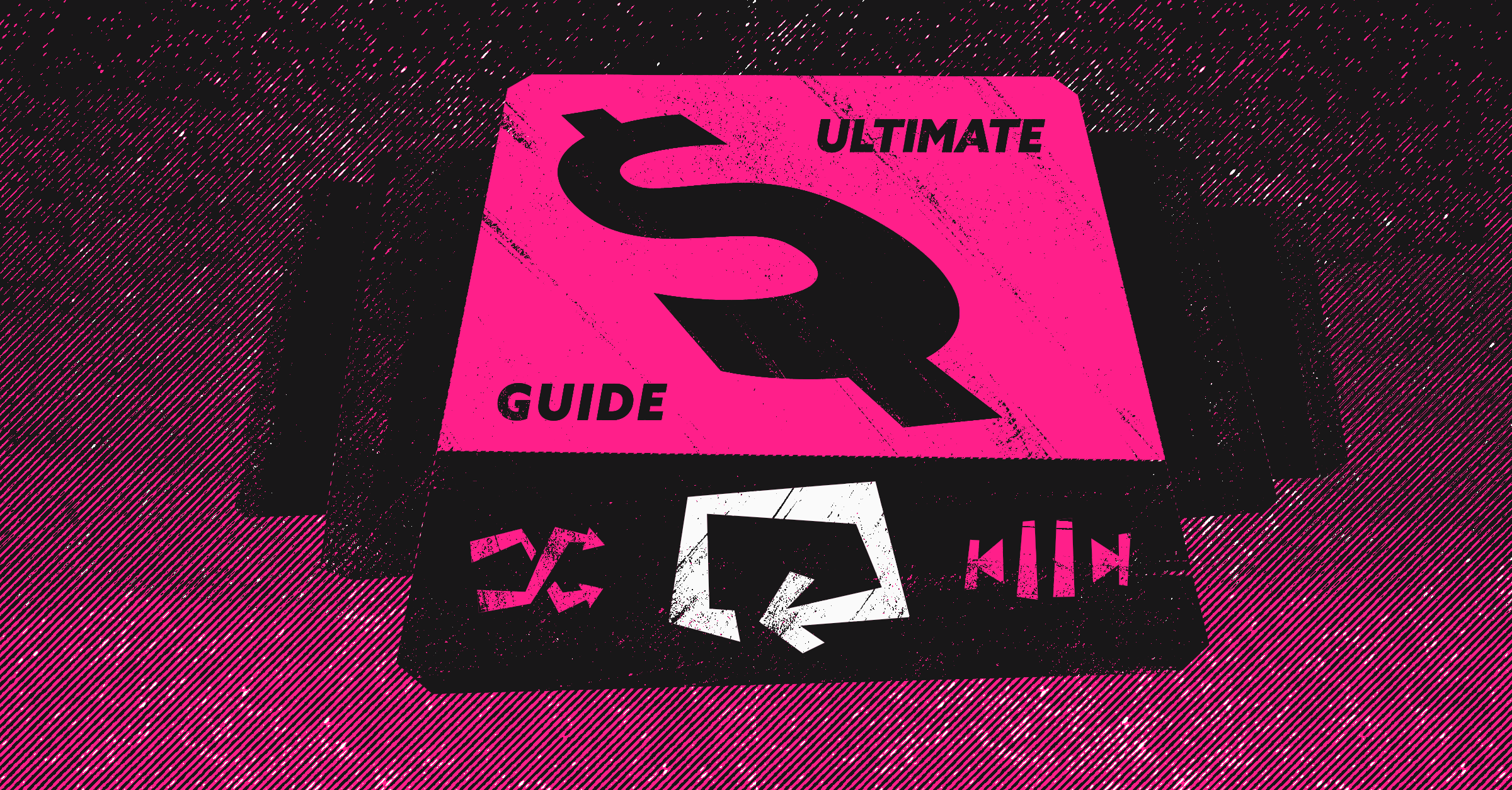
Technically, sales is simple: convince as many people as possible to purchase your company’s product or service.
In reality, people aren’t always on the same wavelength, and what might go over well with one person won’t necessarily resonate with another — that’s just life.
Not only that, but customers often hang onto a salesperson’s words as they try to grasp your product. If they understand something differently than you meant it, it can lead to serious clashes and lost prospects — or at the very least, disappointed potential customers.
To stop misunderstandings before they happen, know there are some words you just shouldn’t say.
In no particular order, our top 10 sales words to avoid are:
- Maybe
- Seriously
- Discount
- Hope
- Ridiculously
- Guarantee
- Honestly
- Commission
- Obviously
- Cheap
In this article, we’ll cover why those sales words should be avoided, and how to reshape your sales verbiage to close more deals.
Phrases to Avoid in Sales (and Why)
The words we’ve listed don’t scream “sales jargon”. They’re pretty average words that most people use in regular conversation.
BUT, they absolutely kill sales deals.
Why?
Well, according to Gong, which collected data from over 500,000 B2B sales calls… it varies.
For the most part, it’s because these words put your company at the center of attention, rather than focusing on the why or the benefits to the prospect.
But there are other reasons why seemingly regular conversational words in sales lower your chances of closing.
The 10 words to avoid in sales if you want to close more
1. Maybe
Maybe implies you’re unsure, which is never a good thing if you’re trying to build confidence in a product with your prospect.
Instead, admit when you don’t know the answer and find the right resources immediately (honesty can go a long way). Don’t hedge. It’s all about providing answers, rather than offering vague and unsure agreements.
2. Seriously
It’s tempting to use the word “seriously” to emphasize your point, but the problem with language like this is it implies you weren’t being serious to begin with.
Try speaking without qualifying your language. It might take some getting used to, but will improve clarity and help you tighten up your sales messaging.
3. Discount
People love discounts and feel better when they believe they’re getting a good deal.
But on the flip side, being quick to discount shows that you don’t value what you’re offering and might even make you come off as desperate.
Instead, use the discount as a perk for being a loyal customer, or as a way to thank a customer for their interest.
4. Hope
Hope is not a strategy, and your prospects know this too.
When somebody is open to hearing about how you can help them, they don’t want hope, they want certainty. Hope renders you as less of a trusted advisor and more as someone with their fingers crossed.
5. Ridiculously
You might think that adverbs like ridiculously serve to add emphasis to whatever point you’re making, but in reality, they’re more likely to come off as disingenuous exaggerations.
In a world where everybody wasn’t promising outlandish results, these qualifiers might work. But consumers have become so desensitized after decades of empty promises that they actually tune out when you use them, completely dismissing the rest of your sales pitch.
6. Guarantee
Similar to the above, making guarantees is virtually pointless in this day and age, with a few exceptions of course.
The truth is, you should be able to influence your prospects without resorting to gimmicky guarantees. It’s also one of those words that sound contrived, and forces your audience to tune out, knowing they’re in the middle of your bad sales pitch.
7. Honestly
Honestly, it’s time for us to give up on “honestly”. It used to mean something, but today it’s so overused that it gives the opposite impression. You’ll either make prospects believe you’re not being truthful, or they’ll understand it as a filler word with little real connotation.
At worst, telling your prospect you’re about to be honest with them implies you were off base to begin with.
Instead of qualifying your points, build trust by speaking about the benefits of your product or service, and actually be honest.
8. Contract
No one likes contracts. It’s probably due to years of unsatisfactory service with no escape for a year or more (looking at you phone and cable companies).
Instead, choose “agreement”. It won’t induce a stomach ulcer every time you say it.
9. Obviously
If it’s obvious, why say it? It’s like saying “that’s funny” instead of laughing. By pointing out the obvious, you’re questioning the prospect’s intelligence, whether you intended to or not.
This is one of those words that should only be said by the buyer, and never by the person trying to earn someone’s business.
10. Cheap
Even though people love saving money, they don’t want to spend it on anything that’s considered cheap.
Think twice before using this word, as it may have the unintended effect of convincing your prospective buyer that you’re at the low end of the quality scale.
Remember, most people want value, even within a lower budget. Sure, some are willing to pay a little more if they believe it’s worth it, but talking about costs as with a phrase such as “cheaper than our competitor” rarely speaks of value.
Bonus sales phrases to avoid
I Will Try
If you’re giving yourself permission to fail, you’re automatically destroying your credibility. This isn’t a phrase that says “I’m going to win for you”, and everyone knows it.
To your customers, everything you say from that point on can’t be trusted.
For Example
If you need an example, your initial explanation wasn’t clear enough.
It also primes your leads for a marketing spiel that forces them into imagining all the benefits of using your product or service without actually showing it.
Show You How
Again, you’re trying to force someone into imagining all of the benefits to their business. How it works doesn’t matter so much as what they’ll get out of it.
Instead, focus on the benefits of each feature.
Key Takeaways on Eliminating Sales Trigger Words from Your Sales Cycle
Most consumers today get triggered easily by hyperbolic sales language. They prefer authenticity. If you’re still approaching them with false promises and empty qualifiers, they’ll look right through your sales pitch.
Don’t talk yourself out of a deal. Improve your closed-lost by being honest, open, and benefit focused with your sales strategy. Oh, and remember to avoid these seven sales mistakes while you’re at it.
Meet your personal Salesforce assistant.
Update your CRM and access deal data instantly without switching tabs.
Try Dooly for free
Join the thousands of top-performing salespeople who use Dooly every day to stay more organized, instantly update their pipeline, and spend more time selling instead of mindless admin work. Try Dooly free, no credit card required. Or, Request a demo to speak with a Dooly product expert right now.


